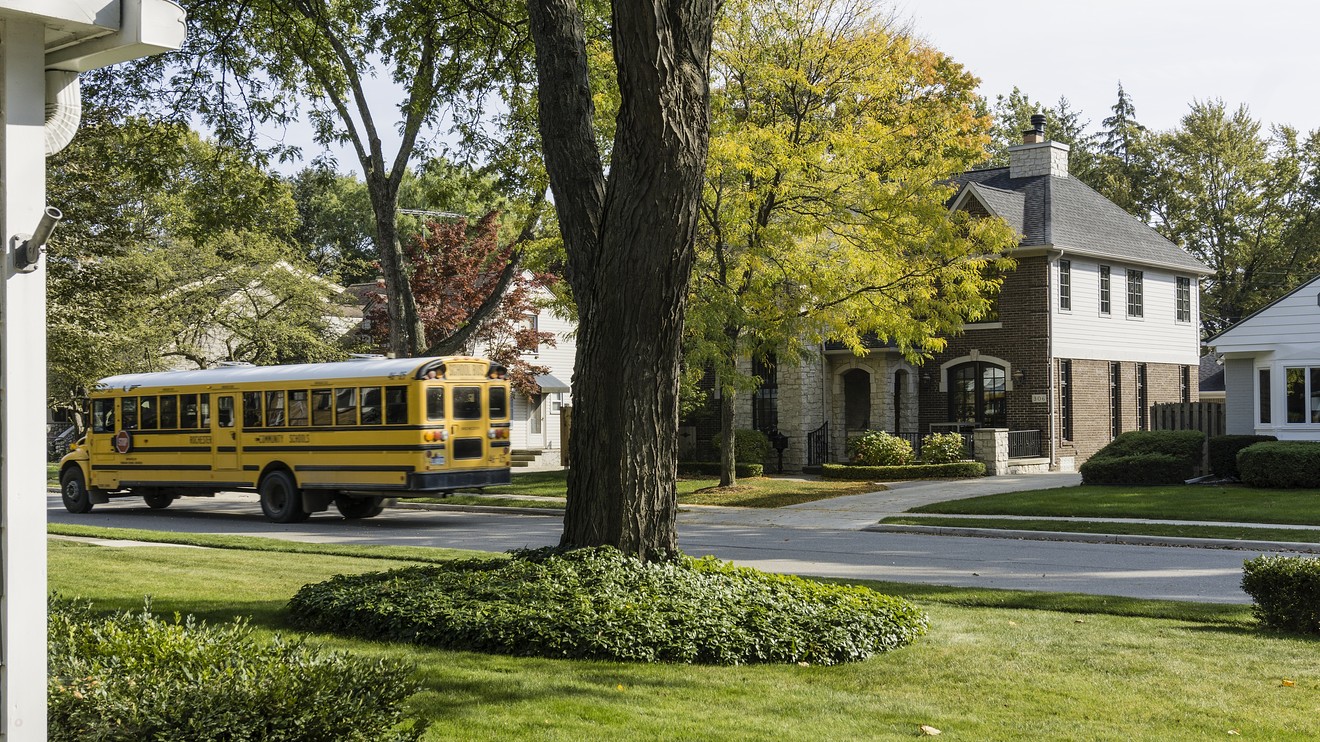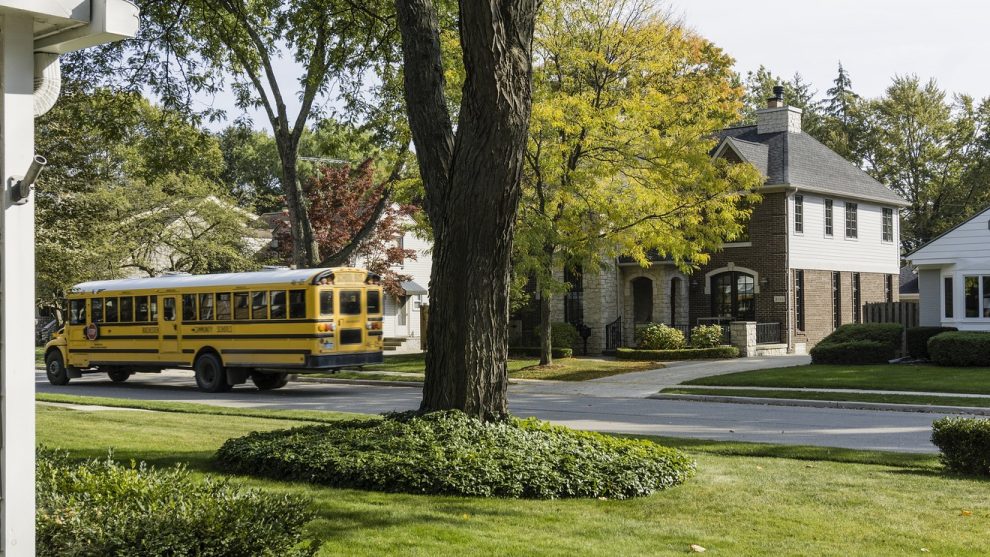
It’s not a coincidence that income inequality has worsened as residential segregation has become more common.
A new working paper from researchers at the Federal Reserve Bank of Minneapolis and the University of Chicago explored the relationship between residential segregation by income and inequality, particularly as both have increased since 1980.
As economic segregation increases between the rich and everyone else, economists say, it will affect a larger share of the population.
Not only are the two trends correlated, the researchers found, but segregation is making income inequality worse. Specifically, income-based segregation has contributed to nearly a third (28%) of the overall increase in income inequality.
One of the main factors driving both of these issues is education. Certain learned skills, such as those related to computer programming, fetch a premium in today’s economy, increasing the gap in wages between highly educated and less educated workers.
“Richer parents with more talented children choose to pay higher rents to live in the neighborhood with higher average human capital,” the paper found. In other words, wealthier families will choose to live in an area with better schools and more-educated neighbors to ensure their kids will succeed.
Read more: Millennials shouldn’t need the ‘Bank of Mom & Dad’ in order to buy a house
Indeed, more than half of home buyers with children under the age of 18 said that school districts were an important factor when choosing a home, compared with 10% of buyers who didn’t have children, according to a separate study from the National Association of Realtors.
Wealthy parents are segregating toward higher-income neighborhoods in search of better school districts, pushing up house prices in those zip codes.
They are prepared to make serious trade-offs — in terms of the size of home or the amenities it has — to move their family closer to a better school.
As a result, wealthy parents are essentially self-segregating toward higher-income neighborhoods in search of better school districts, pushing up house prices in those zip codes, and leaving lower-income families behind.
This, in turn, can cause a vicious cycle, experts say, because public school funding often relies on local taxes — and wealthier families will pay more in taxes, in turn leading to their schools being better funded. As economic segregation increases between the rich and everyone else, economists say, it will affect a larger share of the population.
Previous research has shown that low-income African American families, for instance, move home out of necessity. One study found that among low-income black families in Mobile, Ala., and Baltimore, 70% of recent moves were caused by issues related to landlords, the home’s quality or violence.







